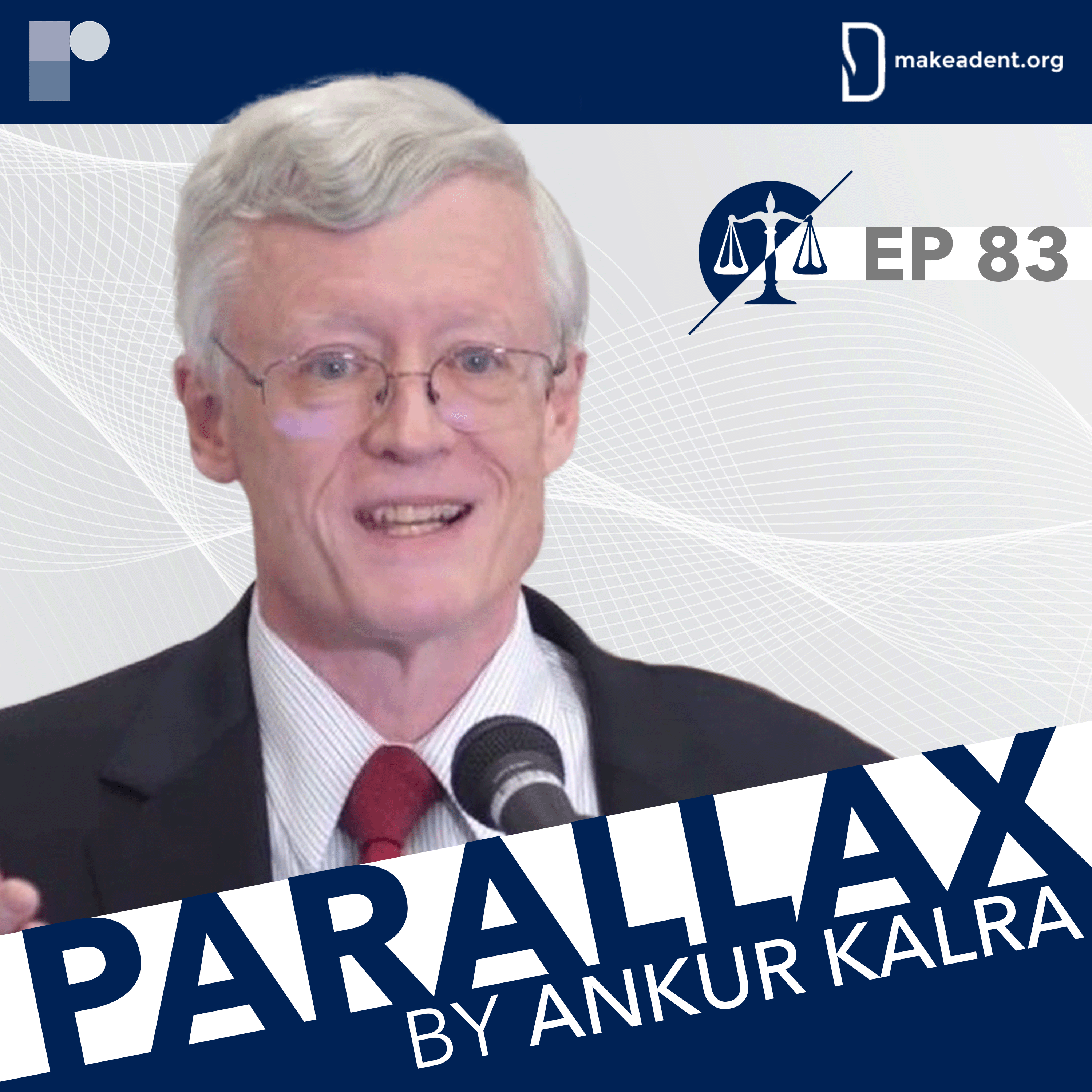
“The hospitals like things just the way they are. It gives them almost complete immunity for any peer reviews, good faith, or bad faith, that they conduct against a physician.”
The Health Care Quality Improvement Act of 1986 considers accused physicians to be guilty of the charges unless and until they can prove their innocence. Over the years many hospitals abused the peer review system to extort and silence competent physicians.
Dr Lawrence Huntoon, Editor-in-Chief of the Journal of the Association of American Physicians and Surgeons, returns for a deep dive into the topic of the hospital peer review system.
In this second episode of our medico-legal series, Dr Kalra invites Dr Huntoon for an overview of the key terminologies and processes of the hospital peer review system.
Dr Huntoon summarises some of key actions you can take as a physician to prepare and defend yourself. We learn more about different sham peer review tactics through recent cases. Dr Huntoon shares his thoughts on what we can do to create a just system and better future for practicing physicians.
What do you need to know about hospital investigations? What is the difference between OPPE and FPPE? How can you get educated on hospital bylaws and processes?
Get involved with the work of AAPS and access more free-to-access resources on this topic: aapsonline.org
Questions and comments can be sent to “podcast@radcliffe-group.com” and may be answered by Ankur in the next episode.
Guest: Dr Lawrence R Huntoon Host: @AnkurKalraMD Produced by: @RadcliffeCARDIO.

In this rich and insightful discussion, Dr Kittleson talks about the origins of famous #kittlesonrules, a collection of tips for doctors shared on Twitter, and her thoughts on mentorship. We learn more about Mastering the Art of Patient Care. Dr Kalra and Dr Kittleson discuss strategies for managing difficult situations in patient care.


Parallax’s guest this week is Dr Eric David Adler, Medical director of heart transplant and mechanical circulatory support at UC San Diego Health.

How did Dr Gragossian receive her diagnosis? How does she feel about her new reality? What drives her? What is her message to our listeners?

Just after 9/11, Heval, the 18-year-old Syrian Kurdish refugee found a job as a dishwasher. At this point, he was the sole provider of his family. The pressure that comes from being poor did not leave him for many years. Today, he is firm believer in giving back to underserved communities by spreading awareness within the medical community. As he says, well-meaning people of privilege are sometimes afraid to act. What we need is more people to bridge the gap and find ways to help each other.

What drives Dr Nishtha Sodhi? What were the formative moments of Dr Sodhi’s career? What are the new frontiers of cardiology?






